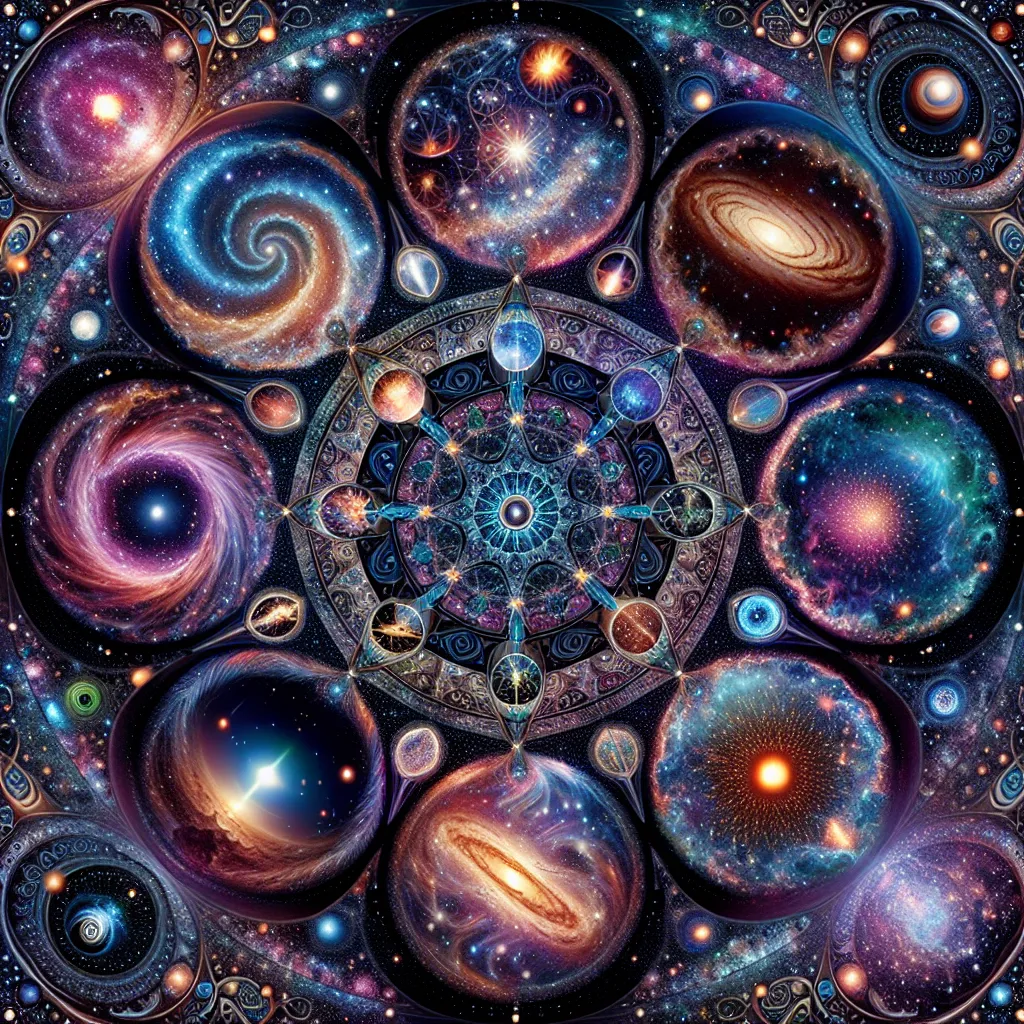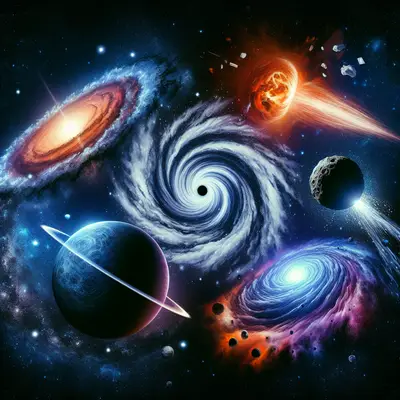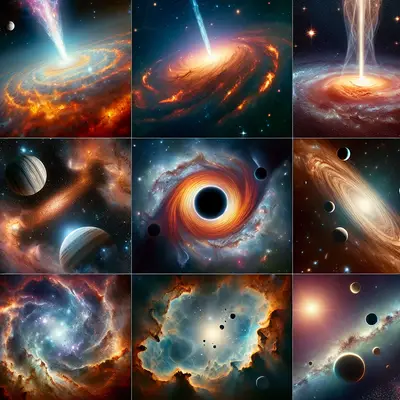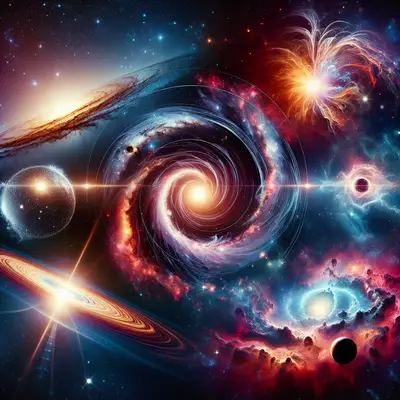The Sound of Space
The cosmos might seem silent, but it's actually filled with an orchestra of sounds. These aren't sounds as we traditionally understand them, as sound needs a medium to travel, and space is a vacuum. Instead, space is filled with electromagnetic vibrations that can be translated into sound. NASA's Voyager, Injun 1, ISEE 1, and Hawkeye space probes have recorded these vibrations and transformed them into sound, creating an eerie soundtrack for the cosmos.
The Innumerable Stars
You might think counting the stars in the sky is an impossible feat, but astronomers have estimated that the observable universe contains around 1 to 2 trillion galaxies, each housing billions of stars. This means there are more stars in the universe than grains of sand on all the beaches on Earth.
Space's Spinning Black Holes
Black holes, known for their extreme gravitational pull, are not stationary. These cosmic phenomena are spinning at incredible speeds, with some rotating so fast that they're near the speed of light. The spin of a black hole can offer insights into its past and reveal how it grew over time, shedding light on the evolution of galaxies.
The Universe's Ghost Particles
Neutrinos, or 'ghost particles,' are among the most abundant particles in the universe, yet they're incredibly difficult to detect due to their ghostly behavior. They can pass through any form of matter without being affected, making them a significant challenge for scientists. However, when successfully detected, neutrinos can provide valuable information about cosmic events like supernovae and the birth of black holes.
The Cosmic Speed Limit
Did you know there's a speed limit in the universe? The speed of light, approximately 299,792 kilometers per second, is the maximum speed at which all matter and information in the universe can travel. This cosmic speed limit, formulated by Albert Einstein's theory of relativity, underpins much of our understanding of space and time.
Conclusion
From the cacophony of cosmic sounds to the elusive ghost particles, the universe continues to captivate us with its complexities and mysteries. As we continue our cosmic journey, each discovery only deepens our fascination and appreciation for the grandeur of the universe.



